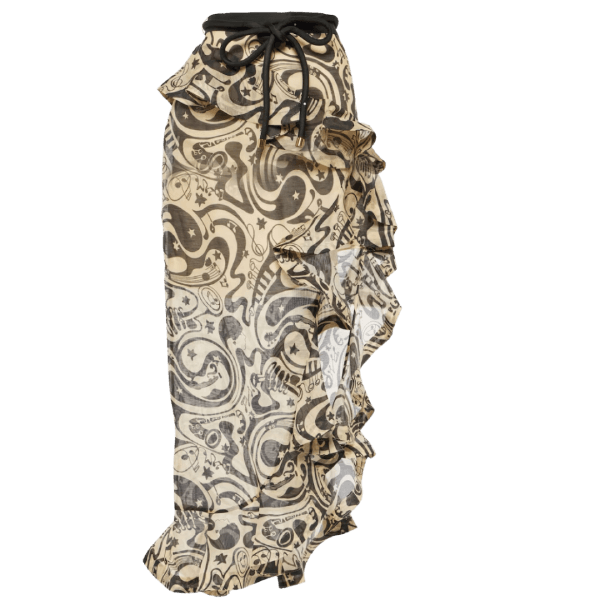Human Papillomavirus (HPV) is a common virus that can cause cervical cancer in women and other types of cancers such as oral and anal cancers. Fortunately, there is a vaccine that can help protect against many types of HPV and reduce the risk of infection. In this blog post, we’ll explore how the HPV vaccine works, who can get it, what vaccines are available, and any potential side effects.
How Does The HPV Vaccine Work?
The HPV vaccine helps protect against certain types of HPV. It works by introducing small amounts of a virus-like particle into your body. The particles cannot cause infection but will trigger your immune system to create antibodies that recognize and fight off the real viruses if you encounter them in the future. This helps protect you from becoming infected with HPV and from developing associated diseases such as cervical cancer or genital warts.
Who Can Get the HPV Vaccine?
The Centers for Disease Control and Prevention recommends that all children aged 11-12 receive the vaccine to help protect them against future infections with certain types of HPV. However, Children as young as 9 years old can receive the vaccine. Only two doses given 6 to 12 months apart are needed if the first dose is given before the 15th birthday. It is also recommended for teens and young adults who have not been vaccinated yet, up through age 26 for females and 21 for males. Three doses are required for those who receive the vaccine after their 15th birthday. Some adults receive the vaccine from age 26 through 45 years old after speaking with their doctor.
What Vaccines Are Available For Patients?
Two vaccines are available to protect patients against certain types of HPV – Gardasil 9 and Cervarix. Both vaccines are highly effective at preventing infection from some strains of human papillomavirus but provide different levels of protection against different strains, so it’s essential to speak with your healthcare provider about which one is right for you. Side Effects Of The HPV Vaccine Most people who receive the HPV vaccine experience no side effects or mild side effects such as soreness at the injection site or fever. In rare cases, more serious side effects may occur, including allergic reactions or even paralysis – so it’s important to discuss any concerns you may have with your healthcare provider before receiving the vaccine.
The HPV vaccine is a vital tool in protecting yourself against certain types of human papillomavirus, which can lead to cervical cancer in women and other forms of cancer in men and women alike. By understanding how it works, who can get it, what vaccines are available, and any potential side effects you may experience after receiving it, you can make an informed decision about whether or not this type of vaccination is right for you. Talk to your healthcare provider today if you have any questions or would like more information on how you can receive protection from this dangerous virus!















